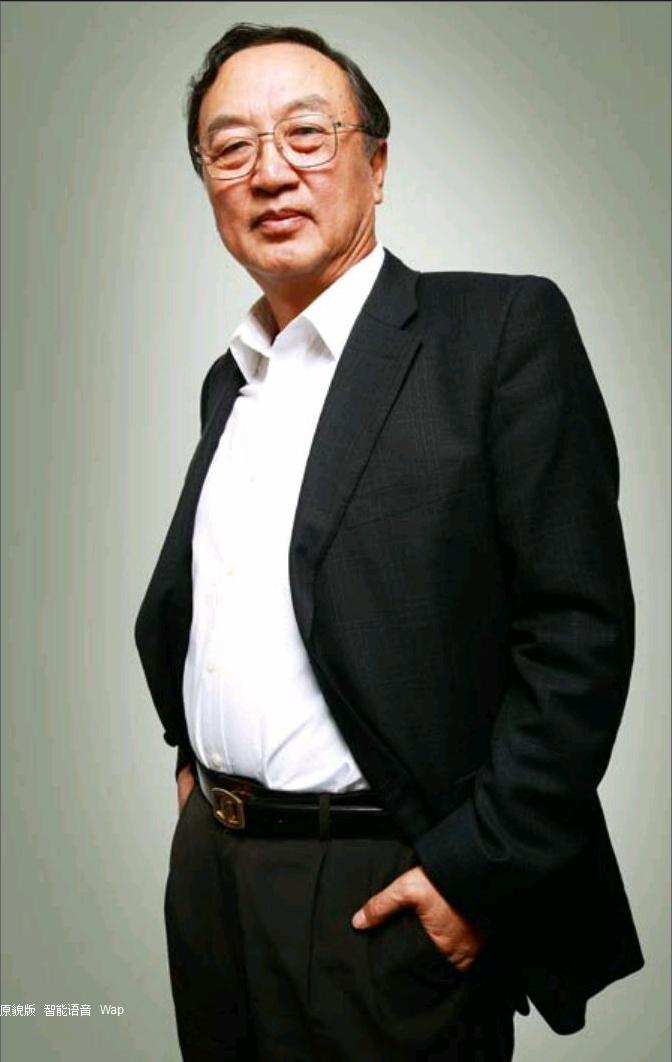Liu Chuanzhi:The Godfather
2014-09-11byZiMo
by+Zi+Mo

Undoubtedly, Liu Chuanzhi, founder of Lenovo Group, is one of Chinas most famous entrepreneurs. He has been idolized by countless followers. His story mirrors the evolution of the countrys reform and opening-up, and his quotes have been spread widely. No other Chinese entrepreneur has ever gained a reputation like Liu, who has been dubbed the business “godfather” in China.
Liu was born in 1944 to a wealthy family“with a red-and-silver spoon in mouth,” according to the U.S.-based magazine BusinessWeek. Prior to the founding of the Peoples Republic of China in 1949, his father was a bank executive, but also worked secretly for the Communist Party of China. In the mid-1960s, after the“cultural revolution” erupted, Liu went to countryside as one of millions of “educated youths” at the time. Later, he entered the Institute of Computing Technology under the Chinese Academy of Sciences (CAS) in Zhongguancun.
In the early 1980s, when a computer revolution began to sweep the globe, China opened its door to the outside world. Inspired by Deng Xiaopings speeches about reform and openingup, Liu predicted that the country would welcome a new era of business. In 1984, at the age of 40, Liu left the “ivory tower” of CAS and started his own company. “In the Soviet-style planned economy, there was very little interaction between research institutes and enterprises,” recalls Liu. “At that time, I felt my life as a researcher was a fraud, so I decided to start a business.”
In October of that year, Liu and several colleagues established New Technology Development Company under CAS Institute of Computing Technology, the predecessor of Lenovo, in the institutes gatehouse with floor area of less than 20 square meters. In the first several months, Lius biggest headache was that he and his colleagues had no idea what their company should do. During the period, all employees including Liu toiled away as vendors on Zhongguancun streets. They pedaled flatbed bicycle carts to sell various commodities including garments, digital watches, and refrigerators. Once, they were conned in a television deal and lost 140,000 yuan, a massive sum at the time.
In 1985, Liu introduced the Chinese Insertion Card invented by Ni Guangnan, a scientist at the Institute of Computing Technology, to his company. At the time, most personal computers were imported and equipped with English operating systems. The card enabled users to input Chinese characters, which soon became the companys flagship product. Over the next three years, it generated profits of 12 million yuan, which became Lius first windfall.

In 1989, his company was renamed Legend Computer (Group) Company, and began to focus on personal computers. One year later, Legend began to sell computers of its own brand. By 1993, Legend had grown into the countrys largest domestic computer brand under Lius leadership. In 1994, the company was listed on the Hong Kong Stock Exchange.
In the early 1990s, as China further opened its market, foreign computer brands including HP, IBM, and Compaq began to swarm the country. Domestic brands declined in market competition. At that critical moment, Liu appointed 30-year-old Yang Yuanqing the head of Legends personal computer division. Two years later, Legend secured the largest piece of Chinas computer market pie. Then, the company shifted to a track of internationalization, and its name was changed to Lenovo.
In 2004, Lenovo acquired IBMs personal computer division for US$1.75 billion, a significant step for the Chinese company in the international market. In 2005, when Lenovo completed its absorption of IBMs personal computer business, Liu resigned as chairman of Lenovo Group. In 2008, Lenovo became Chinas first private company to be listed among the Global 500.
However, the financial crisis soon swept around the world, causing a painful global economic recession. In 2009, Lenovo suffered losses of US$200 million. That year, Liu resumed his position as chairman of Lenovo, and Yang Yuanqing became the acting CEO. Through reinforcing innovation and marketing of business computers and consumer products, Lenovo regained profitability only six months later.
This successful move is already taught in MBA classes at many business colleges. It not only marked Lenovo achieving a “soft landing”during its climb towards internationalization, but also earned Liu a sterling international reputation. In 2013, Lenovo became the worlds largest personal computer producer, with a market share of 16.7 percent globally.
Although he has once again resigned as Lenovos chairman, Liu remains the “spiritual leader” of the company and even Chinas business circles. He does intend to create another Lenovo. According to the blueprint he formulated for Legend Holdings Corporation (the parent company of Lenovo), along with Lenovo Group, now under the leadership of Yang Yuanqing, Digital China headed by Guo Wei and Legend Capital headed by Zhu Linan will become the two other Lenovos.